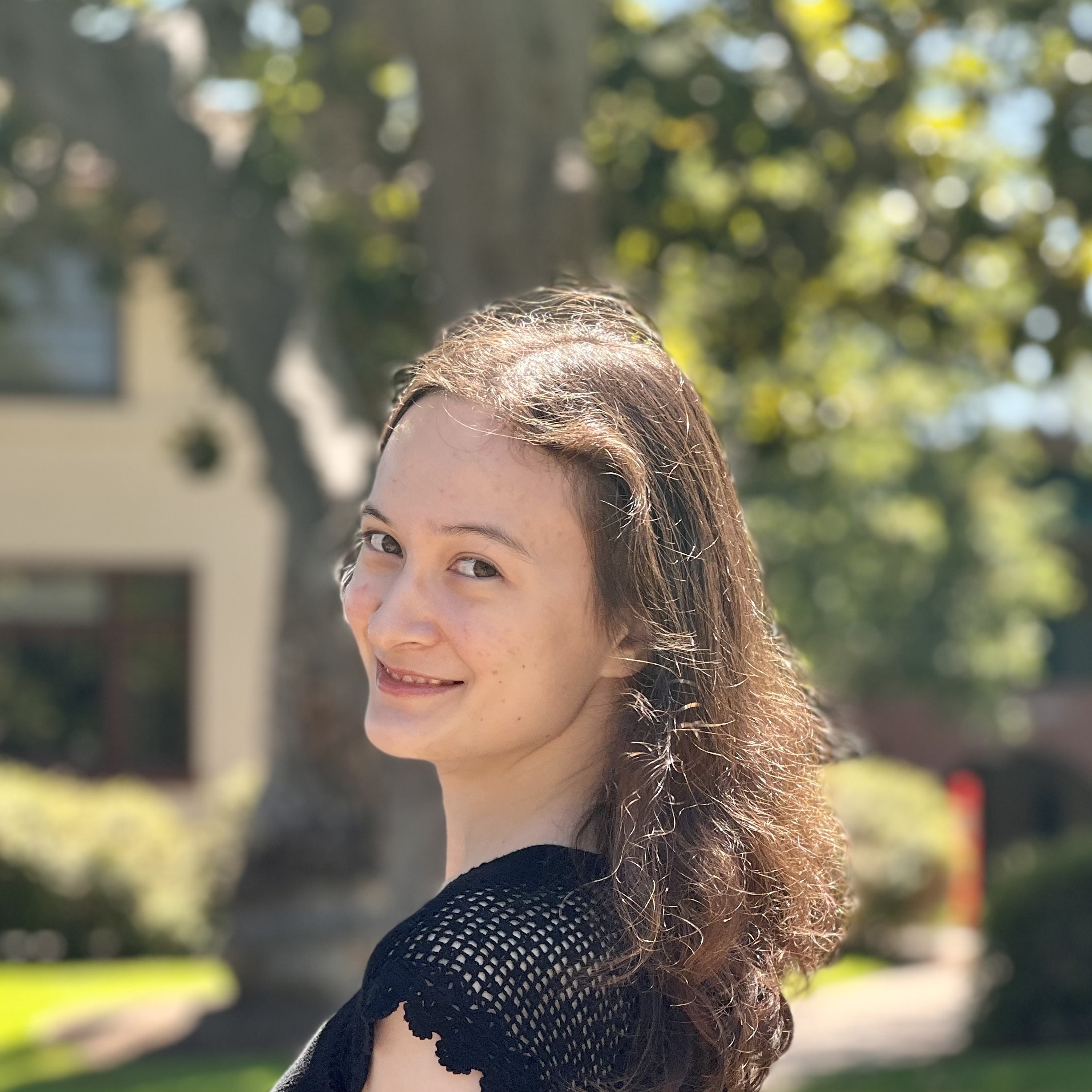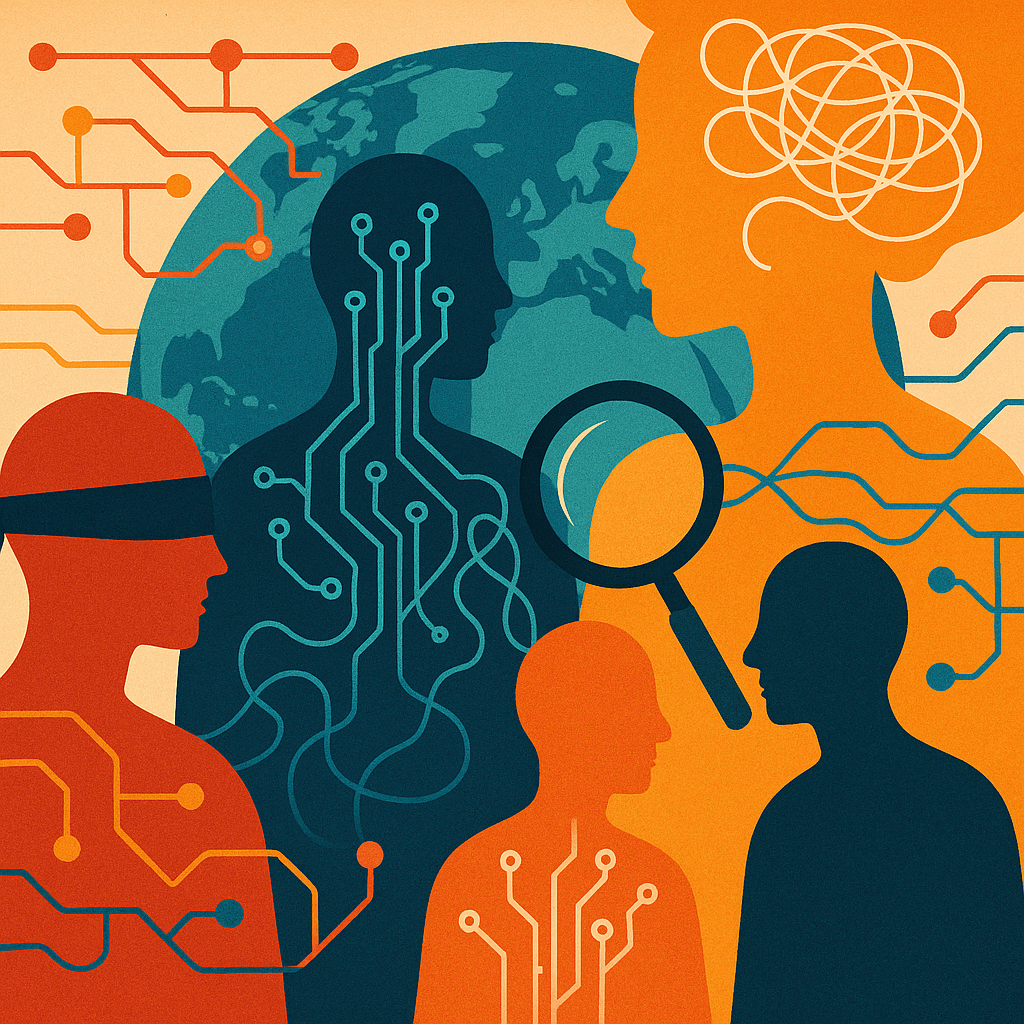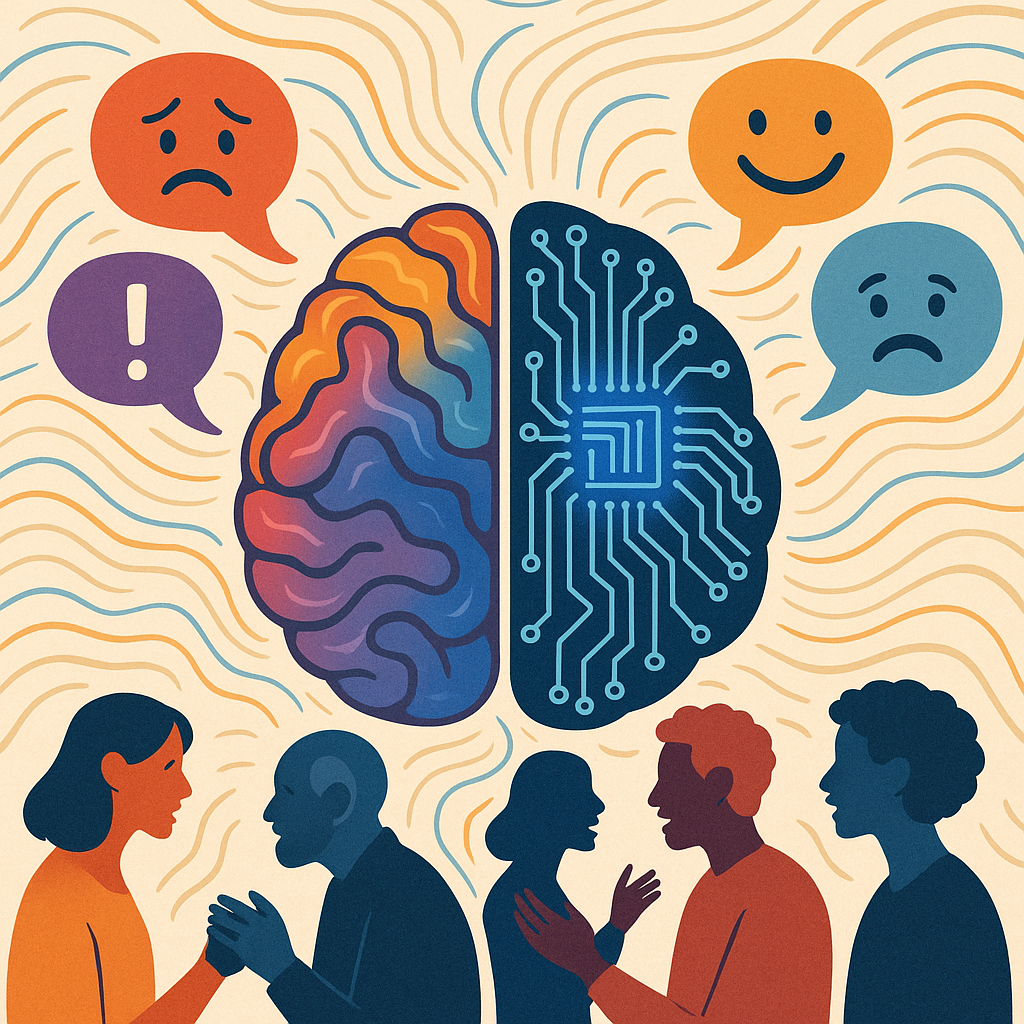Maarten Sap
I am an assistant professor at CMU's LTI department with a courtesy appointment in HCII, and a part-time research scientist and AI safety lead at the Allen Institute for AI (AI2). My research focuses on (1) measuring and improving AI systems' social and interactional intelligence, (2) assessing and combatting social inequality, safety risks, and socio-cultural biases in human- or AI-generated language, and (3) building narrative language technologies for prosocial outcomes.
I received my PhD from the University of Washington where I was advised by
Noah Smith and
Yejin Choi.
[bio for talks]
Recent updates:
May 2025 🧑💻🏆: Super super excited to announce that our paper Rel-A.I.: An Interaction-Centered Approach To Measuring Human-LM Reliance received the Best Paper Runner Up award at NAACL 2025. Huge congratulations to Kaitlyn!
April 2025 🏜️🚂: Though I will not be attending NAACL 2025, my students and collaborators will be presenting some exciting papers: Joel Mire on Rejected Dialects: Biases Against African American Language in Reward Models, Akhila Yerukola on NormAd: A Framework for Measuring the Cultural Adaptability of Large Language Models; Kaitlyn Zhou on Rel-A.I.: An Interaction-Centered Approach To Measuring Human-LM Reliance; Xuhui Zhou on AI-LieDar: Examine the Trade-off Between Utility and Truthfulness in LLM Agents.
April 2025 🦞👨🏼🏫: Excited to give a talk at the MIT CSAIL NLP seminar on the challenges of socially aware and culturally adaptable LLMs.
March 2025 👩💻🤖: It was fun to give a talk at SxSW on How to Be a Smarter AI User to a full room! Read the CNet article here.
January 2025 👨🏼🏫🧠: Happy to give a talk in Artificial Social Intelligence at the Cluster of Excellence "Science of Intelligence" (SCIoI) at the Technische Universität Berlin.
January 2025 👨🏼🏫📢: I'm happy to be giving a talk at the First Workshop on Multilingual Counterspeech Generation at COLING 2025 (remotely)!
December 2024 🇨🇦⛰️: Excited to be attending my very first NeurIPS conference in Vancouver BC! I'll be giving a talk at New in ML at 3pm on Tuesday!
My research group:

Dan Chechelnitsky
LTI PhD student
co-advised with Chrysoula Zerva

Joel Mire
LTI MLT student

Karina Halevy
LTI PhD student
co-advised with Mona Diab

Jimin Mun
LTI PhD student

Jocelyn Shen
MIT PhD student
co-advised with Cynthia Breazeal

Akhila Yerukola
LTI PhD student

Mingqian Zheng
LTI PhD student
co-advised with Carolyn Rosé

Xuhui Zhou
LTI PhD student
Overarching Research Themes
Themes extracted and images generated with the OpenAI API; there may be inconsistencies.Ethics and Responsible AI Dynamics

Understanding Narratives and Empathy

AI Agents and Social Intelligence

Addressing Toxic Language in AI


